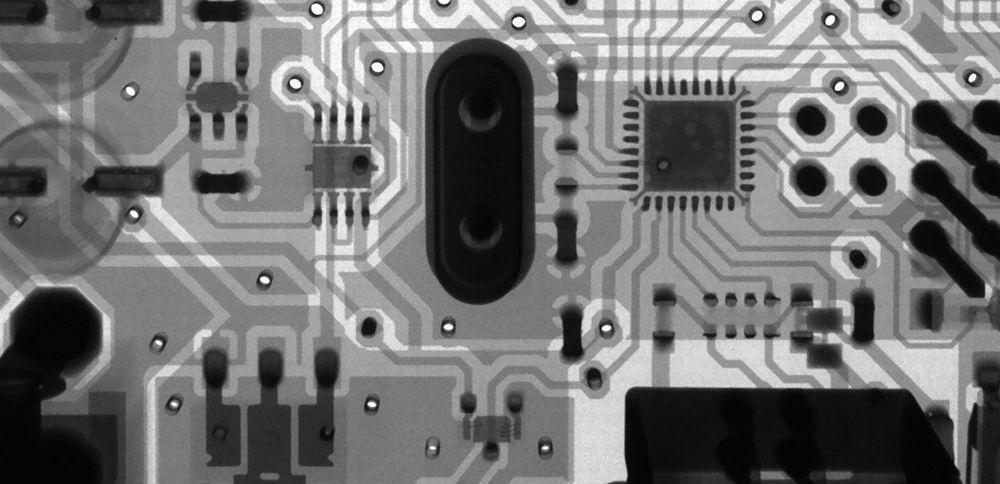Apr 17, 2019
Intel buys into an AI chip that can transfer data 1,000 times faster
Posted by Quinn Sena in category: robotics/AI
Intel and others are investing $13 million in Untether AI, a startup that’s working on a novel type of chip for artificial intelligence that promises to perform neural-network calculations at warp speed.
Speedup: Untether, based in Toronto, Canada, has already developed a prototype device that transfers data between different parts of the chip 1,000 times more quickly than a conventional AI chip. That’s an impressive achievement, but it should be treated cautiously since the prototype is far larger than an actual chip—and because other factors will contribute to the overall performance of the finished device.
Bottleneck: One of the key challenges with modern chips is shuttling data from memory to the units used to perform logical operations. This is especially problematic as the amount of data that chips need to process increases, as is the case with AI applications such as face or voice recognition. Untether uses what’s known as “near-memory computing” to reduce the physical distance between memory and the processing tasks, which speeds up data transfer and lowers power consumption.
Continue reading “Intel buys into an AI chip that can transfer data 1,000 times faster” »

















